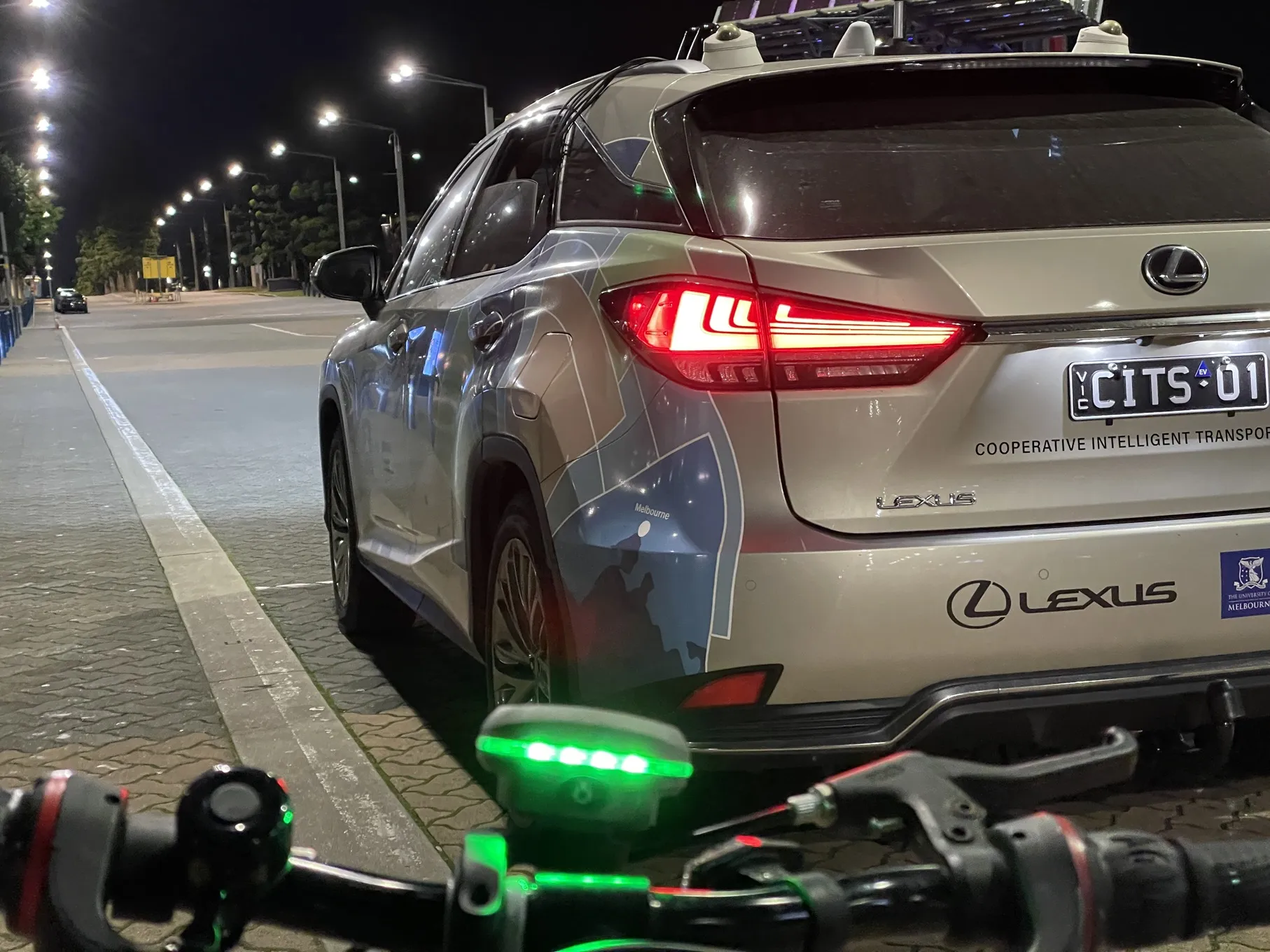At the 2015 ITS World Congress, Ericsson will highlight how transport ecosystems players can share data or partner to benefit from the increased amount of traffic data, and at the same time contribute to reducing circulating vehicles, traffic jams and accidents. According to Ericsson, traffic authorities today are dependent on limited sources of information for decision making such as road sensors and cameras, and mass media modes of communication for alerting drivers. Meanwhile, commuters are increasingly
August 3, 2015
Read time: 1 min

At the 2015 ITS World Congress, 5650 Ericsson will highlight how transport ecosystems players can share data or partner to benefit from the increased amount of traffic data, and at the same time contribute to reducing circulating vehicles, traffic jams and accidents. According to Ericsson, traffic authorities today are dependent on limited sources of information for decision making such as road sensors and cameras, and mass media modes of communication for alerting drivers. Meanwhile, commuters are increasingly using apps and driving connected cars that are generating useful information. At the ITS World Congress, Ericsson will demonstrate how the Connected Traffic Cloud can integrate a range of data sources, including from connected cars, Internet applications and road infrastructure, and how the traffic authorities will be able to reach out to transport vehicles and drivers.









